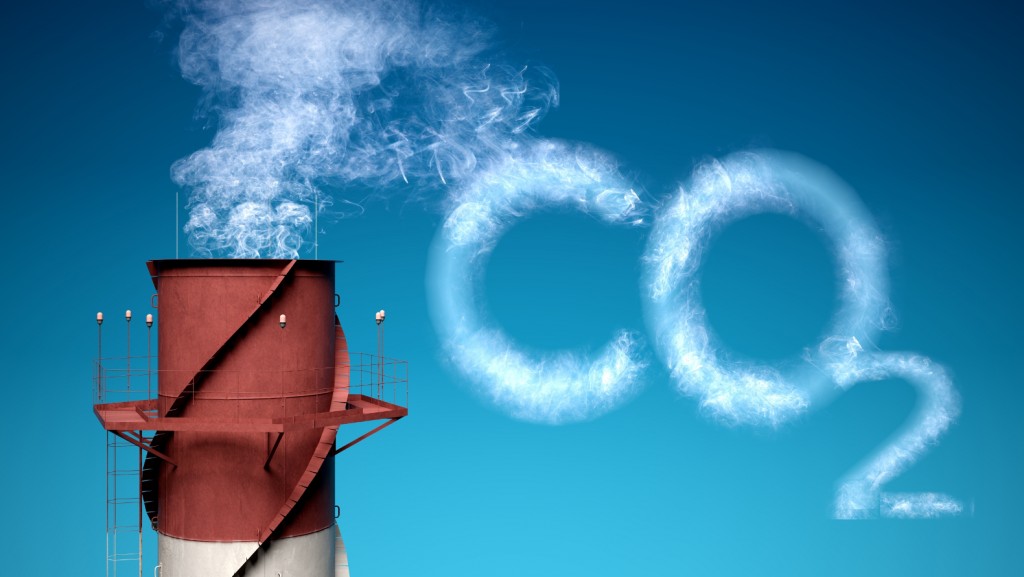by: Jonathan Marcantoni
Why Obama ordering the restoration of full diplomatic relations with Cuba was so daring…..
Much ink has been spilt over President Obama’s decision to reestablish diplomatic relations with Cuba. I am not here to rehash the same bland talking points on the ineffectiveness of the embargo or the human rights abuses by the Castro brothers during the Soviet period of the Revolution. Or the hypocrisy of a nation like the United States, one of the biggest violators of human rights in regards to Native Americans, blacks and the mass incarceration of its citizens, not to mention that torture report regarding Bush Era CIA policies – oh and how can we forget our full diplomatic relationships with nations far worse to their people than Cuba has ever been – holding such a massive grudge against a small island nation.
The problem with those oft-quoted talking points is that they miss the central motivation for that grudge. To do so would require a painful history lesson for the average U.S. citizen, who would have to reevaluate American imperialism in regards to colonialism, namely in regards to Cuba’s sister island and current U.S. colony, Puerto Rico.
In short, both Puerto Rico and Cuba fell under U.S. control following the Spanish-American War in 1898. Cuba had been a desired possession of the United States since the early days of the Republic, with Thomas Jefferson expressing a desire to annex the island at least as far back as 1820. After obtaining control in 1898, the U.S. appointed a military governor and proceeded to write the 1901 Cuban Constitution, which contained the Platt Amendment, which reads:
Article 3: That the Government of Cuba aware that the U.S. can exercise the right to intervene to the preservation of Cuban independence, the maintenance of a government adequate to protect lives, property and individual freedom and to fulfill the obligations with respect to Cuba, have been imposed on U.S. by the Treaty of Paris and now to be assumed and undertaken by the Government of Cuba.
Article 4: The fourth clause referring to all acts done by the United States in Cuba during its military occupation, would be ratified and valid and all lawful rights acquired under them will be kept protected.
Article 7: What to put in a position to the United States to maintain the independence of Cuba and to protect the people thereof, as well as his own defense, the Government of Cuba will sell or lease to the United States lands necessary for coaling or naval stations at certain specified points to be agreed with the President of the United States.
This constitution remained in effect for over thirty years, until it was replaced by the highly progressive Constitution of 1940, which granted more rights to Cuba’s poor through land reform and expanded educational opportunities to every citizen. That constitution would later be repealed under U.S.-backed dictator Fulgencio Batista, since it threatened U.S. hegemony over the island. It is telling to note that the embargo placed on Cuba did not occur after Castro aligned himself with the USSR, but rather, it occurred after he nationalized lands that the U.S. had spent the previous sixty years exploiting and bombing. When Castro took power, “the U.S. controlled 80 percent of Cuban utilities, 90 percent of Cuban mines, close to 100 percent of the country’s oil refineries, 90 percent of its cattle ranches, and 40 percent of the sugar industry”, and so it is no surprise that Fidel Castro’s nationalization of those lands and industries would be seen as an affront to not just U.S. business interests, but to a sixty-year old attitude amongst American elites that Cuba was not a separate country, but rather a territory of the U.S., that is to say, a colony.
Colonialism is an interesting thing, in that it supposes cultural and material dominance over another society with or without that country’s approval. It is a dictatorial state of being, in which the people of a colony are merely pawns whose actions are tolerated only inasmuch as they contribute to the colonial master’s enrichment. The basis for this dominance is typically military, and that was very much the case between the U.S. and Cuba. While the Cubans welcomed U.S. aid in their war for independence, it was with the understanding that the U.S. was merely “helping” them achieve sovereignty. The U.S., on the other hand, viewed the mixed-race Cuban population as a business opportunity as well as further realization of Manifest Destiny, which posited that the U.S. possess dominance over the Western Hemisphere. Castro’s sin was not communism, or oppression of human rights, or hosting nightmarish prisons, or executing political enemies (if that were the case, the U.S. would hardly do business with anyone), but rather it was his unconscionable request that the U.S. treat Cuba as an equal and sovereign nation.
Race is no small factor in this situation. Both in 1898 and in 1959, the U.S. was an openly racist, white supremacist society, while Cuba was and remains a predominantly mixed race and black society. One of the biggest supporters of the Revolution were Afro-Cuban communities who were persecuted and marginalized under Batista. To have a cadre of dark-skinned revolutionaries demanding to be treated as equals by the Jim Crow-era United States was perhaps naïve, albeit necessary. The notion would have seemed laughable if it were not so offensive to white American sensibilities. That attitude, mixed with the sense of superiority and entitlement over Cuban resources, meant that an embargo was the best way to put these radical Latinos in their place. However, as we all know, those radical Latinos possessed the same level of stubbornness and pride as the Americans, and so here we are, sixty-four years later, not having moved an inch.
Until last week.
Before touching on President Obama’s speech, I have to note that the embargo was not only a tool against the Cuban people, but was also used as a source of intimidation for that other Spanish possession handed over to the U.S. in 1898: Puerto Rico.
In 1950, Puerto Rican Nationalists attempted to assassinate President Harry Truman, took control over the city of Utuado, and bombed the Capitol building in San Juan. In 1954, a group of Nationalists launched an attack on the U.S. Congress in D.C. The leader of the Nationalists, Pedro Albizu Campos, an Afro-Puerto Rican, was jailed following the revolution. Over the next ten years, Albizu Campos was subjected to radiation experiments that eventually killed him.
Albizu’s torture and death was not the end of U.S. aggression towards the independence movement. In 1975, the U.S. Senate launched an investigation into links between Puerto Rican nationalists and Castro. According to Tampa Tribune contributor Paul Guzzo, who has visited Cuba and promoted lifting the U.S. embargo, recently declassified F.B.I. records show that Castro attempted to organize a Puerto Rican Revolution in the same vein as his successful overthrow of Batista. In 2005, the F.B.I. assassinated nationalist leader Filiberto Ojeda Ríos, which was denounced by the Cuban government. Since the Revolution, the F.B.I., the Puerto Rican government, and Puerto Rican police departments have actively harassed, imprisoned, or killed dozens of independence sympathizers and leaders, all of whom are considered Castro supporters and socialists. The demonization of the Cuban Revolution has become intimately tied to the demonization of nationalist ambitions in Puerto Rico.
In my own personal experience, I have heard throughout my life protests from family members and others on the island against independence so that we not become “like Cuba.” The Puerto Rican economy is hugely dependent on U.S. aid, while the U.S. takes over sixty times the amount of money from Puerto Rico than it gives back, resulting in over half the island being underemployed or unemployed. The embargo has kept in place a system of political and economic oppression of Puerto Rico through fear of the repercussions we may suffer if we dare act like those communists next door.
When President Obama announced his pursuit of strengthening ties with Cuba, intentionally or not, he played into the right wing stereotype of the president as “an anti-colonialist.” Comments about Obama giving in to the Castro brothers, much like comments about “bussing” and “welfare queens” spoke to an underlying sentiment based on an imperial (and still very much racist) attitude, that the Cubans must grovel before the United States before it can be welcomed back into the fold. How dare President Obama open diplomatic ties to a country that has yet to learn its lesson regarding small countries standing up to big countries? The fact that this change of behavior would come from our first black president, a man who has been called “arrogant” and “kingly” for behaving like any other of our forty-two non-black presidents, is a huge affront to the white supremacist colonial attitudes that caused the problem to begin with. I would say it is more daring than his supposed “amnesty” executive order, which in all truth was no big deal (both Reagan and Bush Sr. did the same thing), and which also maintained the status quo of the U.S. being the superior entity granting mercy on an inferior. Dealing with the Castro brothers as equals and with Cuba as a sovereign nation completely breaks with the master/servant tradition that the U.S. was founded on. The real question is whether or not President Obama’s break with colonial arrogance will last once he leaves office in 2017.






